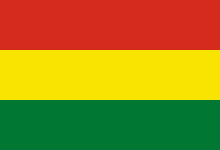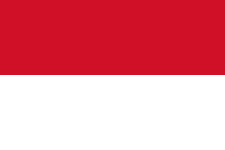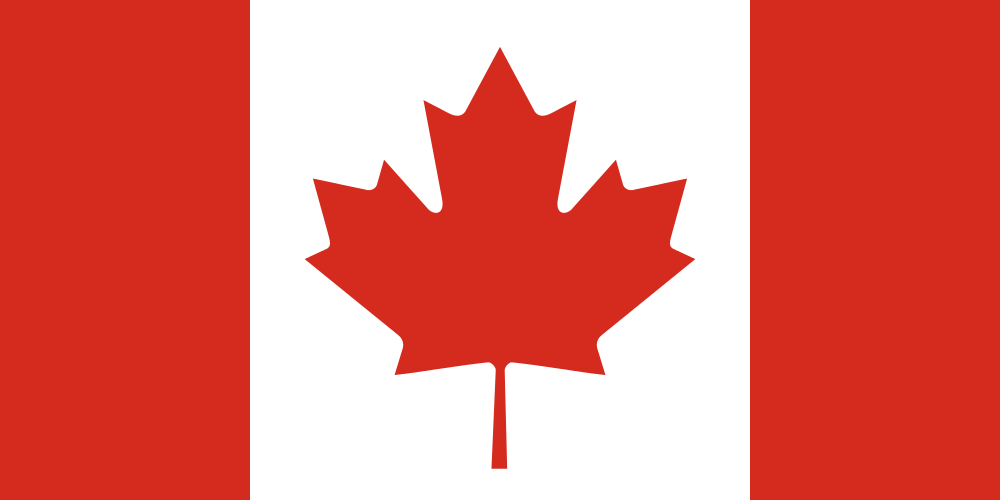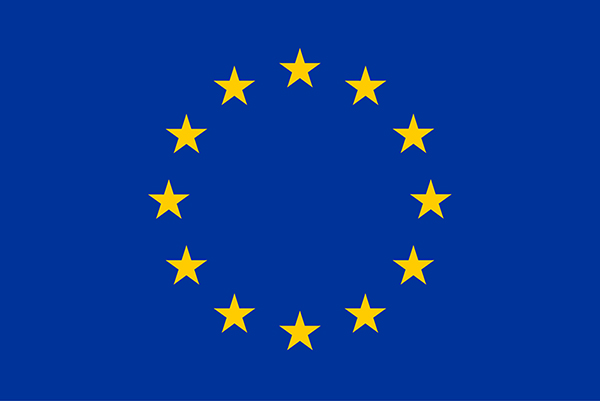- Industry
- Region
- Country / Region
On February 2, 2026, the Telecom Engineering Centre of India solicited comments on the revision of the MTCTE procedure version 3 (TEC 93009:2024).
Click this link to view the original public comment article, click this link to view the original text of TEC 93009:2024 at this link. The call for comments is until March 4, 2026.
On February 1, 2026, the Oman Telecommunications Authority (TRA) issued a public consultation on draft regulations for physical security systems related to telecommunications networks and smart cities. The draft regulations clearly require security products to be officially approved and have embedded network security controls, long-term software update support, and personal privacy protection. In addition, the regulation places special emphasis on network sovereignty and localization requirements, stipulating that key positions such as security installation, maintenance and monitoring must be held by Omani technicians, and non-national citizens are strictly prohibited from engaging in related core work. Finally, the appendix lists specific technical indicators covering resolution, storage duration, and encryption protocols to ensure uniformity and high standards in Oman's security infrastructure.
Click this link to view the original text of the relevant public consultation, which is open for comments until February 15, 2026.
On January 29, 2026, the U.S. Federal Communications Commission (FCC) discussed and adopted the draft regulation No. 25-166 "Promoting Transparency in Foreign Adversary Control to Protect Communications Networks" at its January open meeting, and officially issued the report and order No. 26-2 on January 30. The new regulations propose to establish a "Foreign Adversary Control System" (FACS), requiring all FCC authorization holders to declare whether they are controlled by a counterparty country based on their risk level (Schedules A, B, C). The regulations establish a 10% presumption of control, and controlled entities must disclose interest holders holding 5% or more through a penetrating review. If a business fails to file on time or provides misrepresentation, the FCC will initiate a simplified process to revoke its business license.
Click this link to view the original FCC 26-2 report and order.
On January 28, 2026, the Bolivian Telecommunications and Transport Regulatory Authority (ATT) updated the list of telecommunications equipment for homologation. It includes a total of 58 sub categories of products in 8 parent categories, including telephones, TV broadcasting equipment, sound broadcasting equipment, ground station equipment, transceivers and transmitters, data network equipment, multiplexers, and optical line terminals.
Click this link to view the original ATT notice.
On January 26, 2026, the FCC issued a notice with file number 327224 on the Federal Release website, announcing that the regulations on achieving 100% hearing aid compatibility (HAC) for wireless phones have officially entered the full implementation stage. The document confirms that the U.S. Office of Management and Budget (OMB) approved the information collection requirements in May 2025, thus establishing an effective date of January 26, 2026, for key provisions in § 20.19 on Bluetooth coupling, label disclosure, website disclosure, and annual reporting. In addition to confirming the effective date, the bulletin corrected typographical and numbering errors: for the original statute issued in November 2024, the typographical error in § 20.19 was corrected, and the second paragraph (f)(1)(ii) of the original duplicate number was officially redesignated as (f)(1)(iii).
Click this link to view the original bulletin numbered FR ID 327224.
On January 24, 2026, Japan's Ministry of Internal Affairs and Communications (MIC) launched the following public consultation:
- The proposed ministerial order aims to amend the Regulations under the Radio Act (establishing a regime for outdoor use of wireless power transmission systems in the 920 MHz band). Click this link to view the original public consultation, the deadline for comments is February 24, 2026.
- Proposed Ministerial Decree to amend the Regulations of the Radio Act (Establishment of an 800MHz Broadband Low-Power Radio System and an 800MHz 3D Positioning System System). Click this link to view the original public consultation, and the deadline for comments is February 24, 2026.
On January 22, 2026, the Indonesian Ministry of Communication and Digital Affairs (KOMDIGI) issued Regulation No. 7 of 2026 to optimize user registration for telecommunications services in mobile communication networks through the application of demographic biometric data. The regulations came into effect from the date of promulgation and set a six-month transition period.
The regulations require operators not to activate SIM cards until they have completed identity verification. Identity verification requires several steps: number verification, ID number (NIK) verification, and biometric information verification (including facial recognition). Each user has a maximum of 3 prepaid cards with a single operator. Manufacturers need to ensure that the facial recognition module meets the regulatory accuracy (≥95%). In addition, the regulations require specific text "For your comfort and safety, please register a prepaid card with a real and legal identity" on the SIM card packaging or quotation display interface, and this requirement also applies to eSIMs, so manufacturers also need to consider embedding this warning on the packaging or quotation display interface.
Click this link to view original text of KOMDIGI Regulation No. 7 of 2026.
On January 20, 2026, the Ministry of Communications of India issued an announcement to use the frequency band 5925-6425MHz for license-free applications (Wi-Fi 6E, etc.). The announcement divides this band into two categories of license-free equipment, with low-power indoor equipment (LPI) allowing an EIRP of up to 30dBm and very low-power outdoor equipment allowing an EIRP of up to 14dBm. This band cannot be used for drones, vehicles, ships, and aircraft below a certain flight altitude (aircraft above 10,000 feet can be used). The announcement also includes a type approval application form. The announcement is effective from the date of publication.
Click this link to view the original announcement of the Ministry of Communications.
On January 16, 2026, Innovation, Science and Economic Development Canada (ISED) issued the following regulations:
- Radio Standard Specification RSS-195 Issue 3 "Wireless Communication Service Equipment for the 2305-2320 MHz and 2345-2360 MHz Frequency Bands". ISED previously conducted a public consultation on RSS-195 Issue 3 in September 2025. This updated version replaces Issue 2 and adds the 2305-2320 MHz and 2345-2360 MHz bands. The new version will have a 6-month transition period, during which both versions 2 and 3 will be available for certification. After July 16, 2026, all certification applications under RSS-195 must adopt Issue 3;
- Standard Radio System Planning SRSP-516 Issue 2, Technical Requirements for Wireless Communication Services (WCS) in the 2305-2320 MHz and 2345-2360 MHz Bands – This updated version replaces Issue 1 and contains technical rules for active antenna systems (AAS) and their deployment.
Click this link to view RSS-195 Issue 3, click this link to view SRSP-516 Issue 2.
On January 15, 2026, the European Telecommunications Standards Institute (ETSI) published the following draft standards for the Cyber Resilience Act:
- EN 304 617 – Cybersecurity requirements for Browsers
- EN 304 618 – Cybersecurity requirements for password managers
- EN 304 619 – Cybersecurity requirements for software that searches for, removes, or quarantines malicious software
- EN 304 620 – Cybersecurity requirements for Virtual Private Networks (VPNs)
- EN 304 621 – Cybersecurity requirements for Network Management Systems (NMSs)
- EN 304 622 – Cybersecurity requirements for Security Information and event management (SIEM)
- EN 304 623 – Cybersecurity requirements for boot managers
- EN 304 624 – Essential cybersecurity requirements for Public Key Infrastructure and digital certificate issuance software
- EN 304 625 – Cybersecurity requirements for physical and virtual network interfaces
- EN 304 626 – Cybersecurity requirements for Operating Systems (OS)
- EN 304 627 – Essential cybersecurity requirements for routers, modems intended for the connection to the internet, and switches
- EN 304 635 – Cybersecurity requirements for Virtualisation Execution Stack (VES) and Container Execution Stack (CES), including hypervisors and container runtime systems
- EN 304 636 – Cybersecurity requirements for firewalls, intrusion detection and/or prevention systems
Click on this link to view the above draft standards. The link also includes a public consultation guide and a feedback form.






